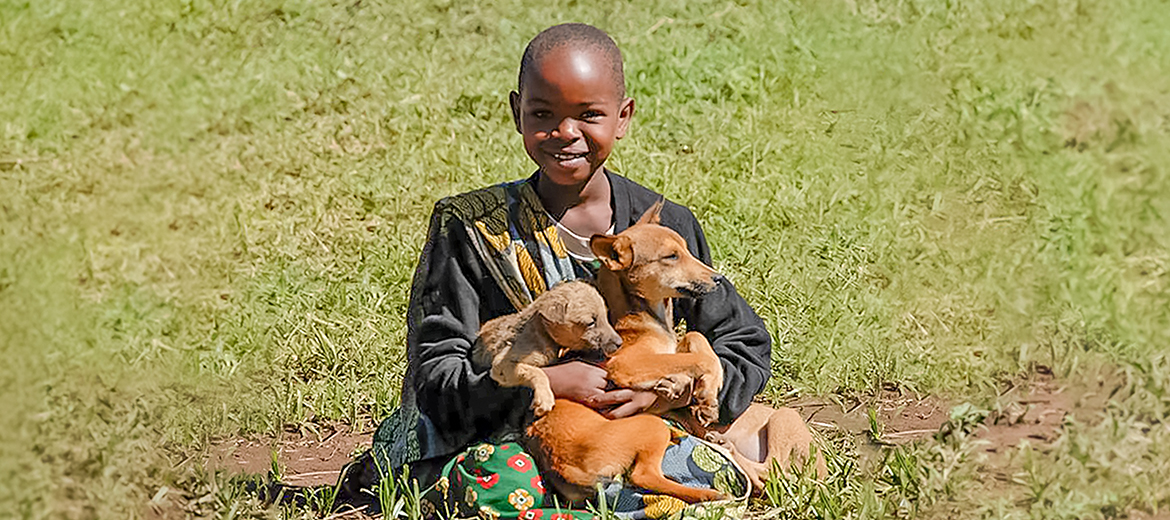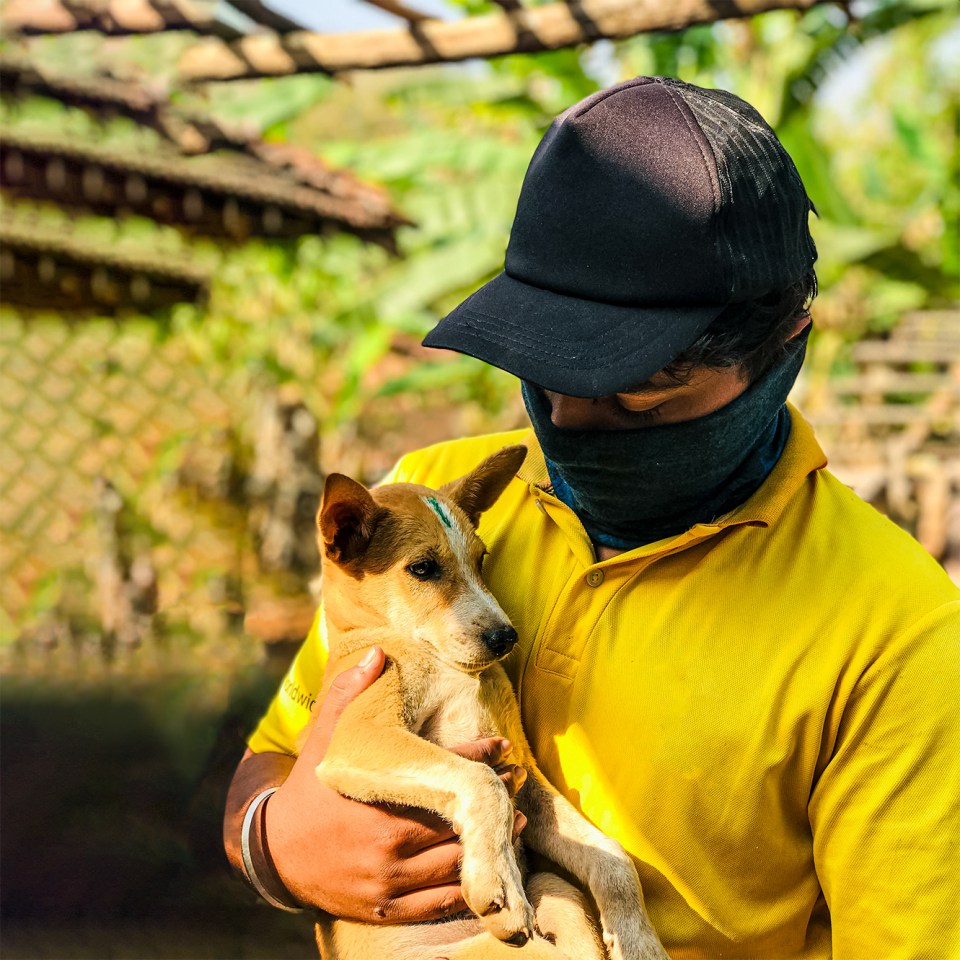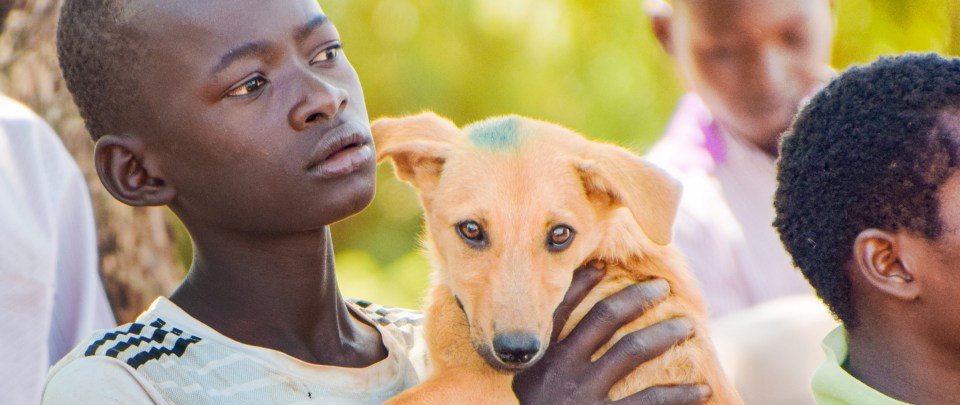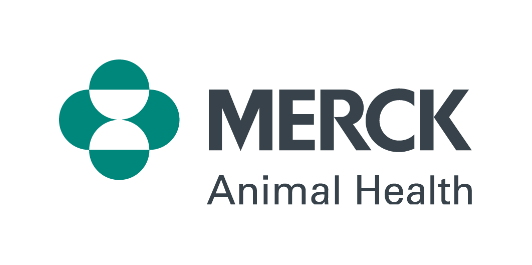
Vaccinating Dogs Prevents Spread of Zoonotic Disease
A One Health Approach to Rabies Elimination
World Rabies Day is September 28, 2021, and this year marks 25 years of Merck Animal Health working to eliminate rabies and help achieve optimal health outcomes for people, animals and our environment. We’re celebrating this milestone with our partners Mission Rabies and Rabies Free Africa by recognizing those individuals who are committed to protecting and saving both canine and human lives. Our partnership and work to combat rabies represents our commitment to One Health.
“We’ve made substantial headway to improve health for the people and canines that share our complex and ever-changing environment. Despite the pandemic, by collaborating with 211 community coordinators and 61 livestock officers, we (working with the local government) carried out rabies prevention campaigns in 690 villages and vaccinated 160,000 dogs across the region. In fact, in the last year, there have been no reported rabies outbreaks in areas where 70% or more of the dogs have been vaccinated and no reported cases of canine rabies in the Serengeti wildlife.”
– Felix Lankester, DVM, Ph.D., director, Rabies Free Africa, Paul G. Allen School for Global Animal Health, Washington State University
The Final Rabies Generation

Rabies persists in areas with limited resources and education, resulting in an estimated 59,000 human rabies deaths globally each year.i To eliminate rabies transmission in rabies-endemic areas, at least 70% of dogs must be covered through annual mass-vaccination.ii
Although rabies has been eliminated in some countries, it continues to be a threat in more than 150 countries and territories.iii Communities with limited access to health and veterinary care are most affected.
“When we protect our dogs from rabies, we are also protecting ourselves from this deadly disease. On this World Rabies Day, only nine years away from the World Health Organization goal of zero dog-mediated human rabies deaths by 2030, we’re calling on our generation to be the one to eliminate rabies and make this the final rabies generation. Recognizing our generation’s veterinarians, dog owners and volunteers through #ForThemForUs moments is an ideal way to raise awareness and encourage others to prevent rabies and save lives.”
– Luke Gamble, BVSc, DVM&S, FRCVS, founder, Mission Rabies
Dog Vaccination to Tackle Population Health Challenges
Merck Animal Health has donated over 3 million doses of the rabies vaccine through the Afya Program, which started as a regional research project by veterinarian Sarah Cleaveland, to help meet the World Health Organization “Zero by 2030” goal.
“We started in 1996 as a small research project in Tanzania. Now, the Afya Program is a global rabies control project that vaccinates hundreds of thousands of dogs annually. It’s amazing to see how it has grown and the impact it has made over the past 25 years.”
– Sarah Cleaveland, OBE, VetMB, PhD, MRCVS, FRS

Using a One Health approach to rabies elimination, which recognizes the challenges of population growth, the increase in people living in close contact with wild and domestic animals and the impact of internal movement of humans and animals, we can reduce the spread of rabies around the globe and achieve optimal health outcomes.
“Rabies and other zoonotic infectious diseases pose particular threats to global health security but can be managed or prevented through well-coordinated vaccination efforts. With well over 3 million doses of the Nobivac Rabies vaccine donated globally, we remain committed to collaborating with our public and private global partners to eliminate rabies. Countless veterinarians, volunteers and dog owners are hard at work every day to prevent rabies and, as we celebrate our 25 years, we must celebrate all these individuals and organizations who have worked with us to save canine and human lives.”
– Ingrid Deuzeman, global marketing director, Companion Animal Vaccines, MSD Animal Health
i The Centers for Disease Control and Prevention. Global Rabies Work. Accessed May 21, 2021. https://www.cdc.gov/ncezid/stories-features/global-stories/rabies-work.html#:~:text=An%20estimated%2059%2C000%20people%20die,transmitted%20between%20animals%20and%20people.
ii The World Health Organization. Frequently Asked Questions about Rabies for the General Public. Accessed May 21, 2021. https://www.who.int/rabies/Rabies_General_Public_FAQs_Sep2018.pdf?ua=1.
iii The World Health Organization. Rabies. Accessed May 21, 2021. https://www.who.int/news-room/fact-sheets/detail/rabies.
